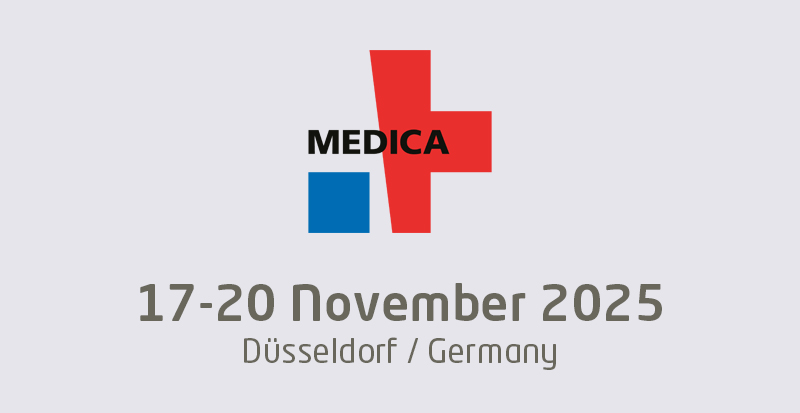6 Ways To Finance a Nursing Degree
The cost of a college education is unaffordable to many, but there are financing opportunities that make it easier to attend nursing school. Some programs will take care of the cost of the education without leaving a student in debt for their training, while other programs require a student to take out personal loans to complete their education. For others, it may take a variety of programs to have the resources needed to complete their nursing degree.
Options for Financial Aid
Nursing students typically have several years of formal education and clinical practice before they can take their licensing exam, and for those who wish to earn a graduate degree in the field, it could lead to an education that costs upwards of $60,000. Starting a new career and new life with student loan debt can be frustrating, but many have no other options for making it through their education. Here are several financing options available for those interested in pursuing nursing.
Need-Based Grants
For students who don’t have a lot of money, grants are a way to finance education without having to pay back any money. Many times there will be qualifying factors that influence who is eligible for a grant. These can include the type of degree, financial background, a GPA and school choice. Students do have to abide by funding requirements, such as keeping a certain course load or GPA.
Loans
Loans come from either public or private sources, but one of the more readily available options is through the federal government. A FAFSA application will determine if a student will qualify for a government-backed loan. These loans generally have low-interest rates and have less stringent application requirements. It is also possible for the borrower to apply for a student loan refinance program once the education is complete and potentially receive a lower interest rate from the financier.
Scholarships
An education institution or third-party organization may offer a nursing scholarship, these programs are often awarded for enrollees who have excellent academic records. The application process is often rigorous and highly competitive, and applicants must have strong documentation of their achievements or abilities if their application is going to receive notice. These funds don’t need to be repaid and will vary in amount.
Work-Study Programs
Some institutions offer work-study programs to qualifying enrollees. These students have usually qualified for federal funding and are placed in a local community setting or in the school on a part-time work schedule. The school or organization works around the course schedule, and the funds received can be applied to the student’s cost of living or directly to the school for educational costs.
Personal Savings
Nursing school can be a significant expense, but there are some who can afford the costs through personal savings. Whether through parents, grandparents or personal savings, it is possible to pay for a college education without needing a loan or a scholarship. For eligible taxpayers, it may be possible to recoup some of the costs through a tax deduction. Qualified higher-education expenses can be an itemized deduction or it can be filed as an above-the-line exclusion from income.
Employer Reimbursement
There are some employers that offer education reimbursement programs for qualified fields of study. While you may not find this program in a manufacturing organization, many healthcare organizations will provide a reimbursement program to help further the education of the employees. This funding option will have specific requirements according to the organization, and there may be an employment contract as the result of the educational investment the company made. The human resources department of a company can provide more information on reimbursement programs or eligibility.
Education is more affordable than many think, particularly when taking into account the options for funding a career in nursing. The least taxing on an individual’s finances is a grant, scholarship or reimbursement program, but the job aspirations and financial potential from a career in nursing may make a loan an acceptable investment.
























